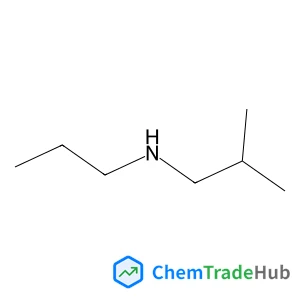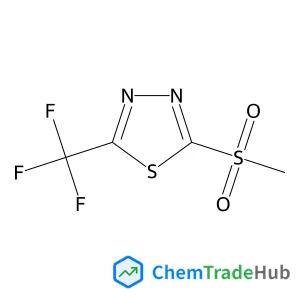Electrochemical control of surface properties using a quinone-functionalized monolayer: effects of donor–acceptor complexes
Literature Information
Agnieszka Wieckowska, Adam B. Braunschweig, Itamar Willner
A benzoquinone monolayer-functionalized electrode reveals electrochemically or chemically controlled wettability; the hydrophobicity of the hydroquinone-modified surface is enhanced by the presence of a donor–acceptor complex with N,N′-dimethyl-4,4′-bipyridinium as the π-electron acceptor.
Recommended Journals

Cement and Concrete Research

Chemistry of Natural Compounds

Journal of the American Chemical Society

Advances in Colloid and Interface Science

Accounts of Chemical Research

Corrosion Science

Chemistry of Heterocyclic Compounds

AIAA Journal

Chemical & Pharmaceutical Bulletin

Bulletin of the Chemical Society of Japan
Related Literature
IF 6.367
Biomaterials Science Emerging Investigators 2021IF 6.843
Contents listIF 6.843
An aminophosphonate ester ligand-containing platinum(ii) complex induces potent immunogenic cell death in vitro and elicits effective anti-tumour immune responses in vivoIF 6.222
Performance of electrode-supported silica membrane separators in lithium-ion batteriesIF 6.367
From Douglas fir to renewable H2-enriched syngas via ex situ catalytic pyrolysis over metal nanoparticles–nanocellulose derived carbon catalystsIF 6.367
Catalytic depolymerization of Kraft lignin to produce liquid fuels via Ni–Sn metal oxide catalystsIF 6.367
Direct arylation polycondensation towards water/alcohol-soluble conjugated polymers as the electron transporting layers for organic solar cellsIF 6.222
Strong circularly polarized luminescence of an octahedral chromium(iii) complexIF 6.222
Mechanically stable and economically viable polyvinyl alcohol-based membranes with sulfonated carbon nanotubes for proton exchange membrane fuel cellsIF 6.367
Source Journal
Chemical Communications

ChemComm publishes urgent research which is of outstanding significance and interest to experts in the field, while also appealing to the journal’s broad chemistry readership. Our communication format is ideally suited to short, urgent studies that are of such importance that they require accelerated publication. Our scope covers all topics in chemistry, and research at the interface of chemistry and other disciplines (such as materials science, nanoscience, physics, engineering and biology) where there is a significant novelty in the chemistry aspects. Major topic areas covered include: Analytical Chemistry Catalysis Chemical Biology and medicinal chemistry Computational Chemistry and Machine Learning Energy and sustainable chemistry Environmental Chemistry Green Chemistry Inorganic Chemistry Materials Chemistry Nanoscience Organic Chemistry Physical Chemistry Polymer Chemistry Supramolecular Chemistry
Recommended Compounds
Recommended Suppliers
 Chengdu Aofan Medicine Technology Co., Ltd.
Chengdu Aofan Medicine Technology Co., Ltd. Harton Anlagentechnik GmbH
Harton Anlagentechnik GmbH Shanghai Jiliang Metal Materials Co., Ltd
Shanghai Jiliang Metal Materials Co., Ltd LOBA Feinchemie AG
LOBA Feinchemie AG F.I.R.S.T. Gesellschaft für technisch-wissenschaftliche Softwareanwendungen mbH
F.I.R.S.T. Gesellschaft für technisch-wissenschaftliche Softwareanwendungen mbH Foshan City Nuoyin Precious Metals Materials Co., Ltd.
Foshan City Nuoyin Precious Metals Materials Co., Ltd. Guangzhou Xiangmei Chemical Technology Co., Ltd.
Guangzhou Xiangmei Chemical Technology Co., Ltd. Anhui Nanfang Chemical Pump Co., Ltd.
Anhui Nanfang Chemical Pump Co., Ltd. Tianjin Liuyue Hexin Technology Co., Ltd.
Tianjin Liuyue Hexin Technology Co., Ltd. Claudius Peters Group GmbH
Claudius Peters Group GmbH




